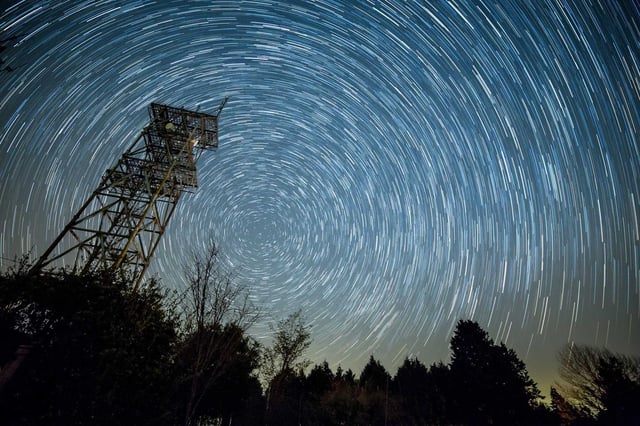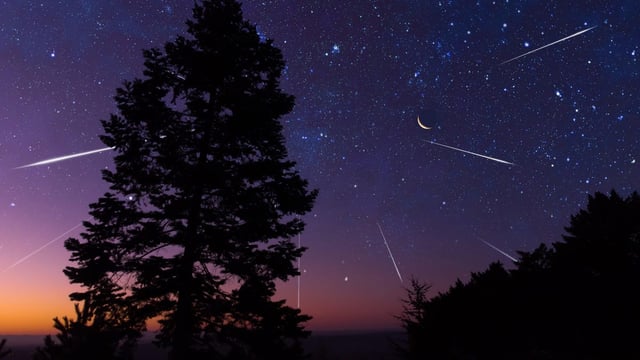Overview
- The annual Lyrid meteor shower will peak on the night of April 22, offering viewers the chance to see up to 18 meteors per hour.
- The fast, bright meteors are caused by Earth passing through debris left behind by Comet C/1861 G1 Thatcher.
- For the best view, find a dark location away from light pollution and look for the constellation Hercules to spot radiant of the shower.
- The Lyrids occur each April and are one of the oldest recorded meteor showers.
- The Eta Aquarids meteor shower is another upcoming meteor shower, happening April 15 to May 27 and peaking in early May.

